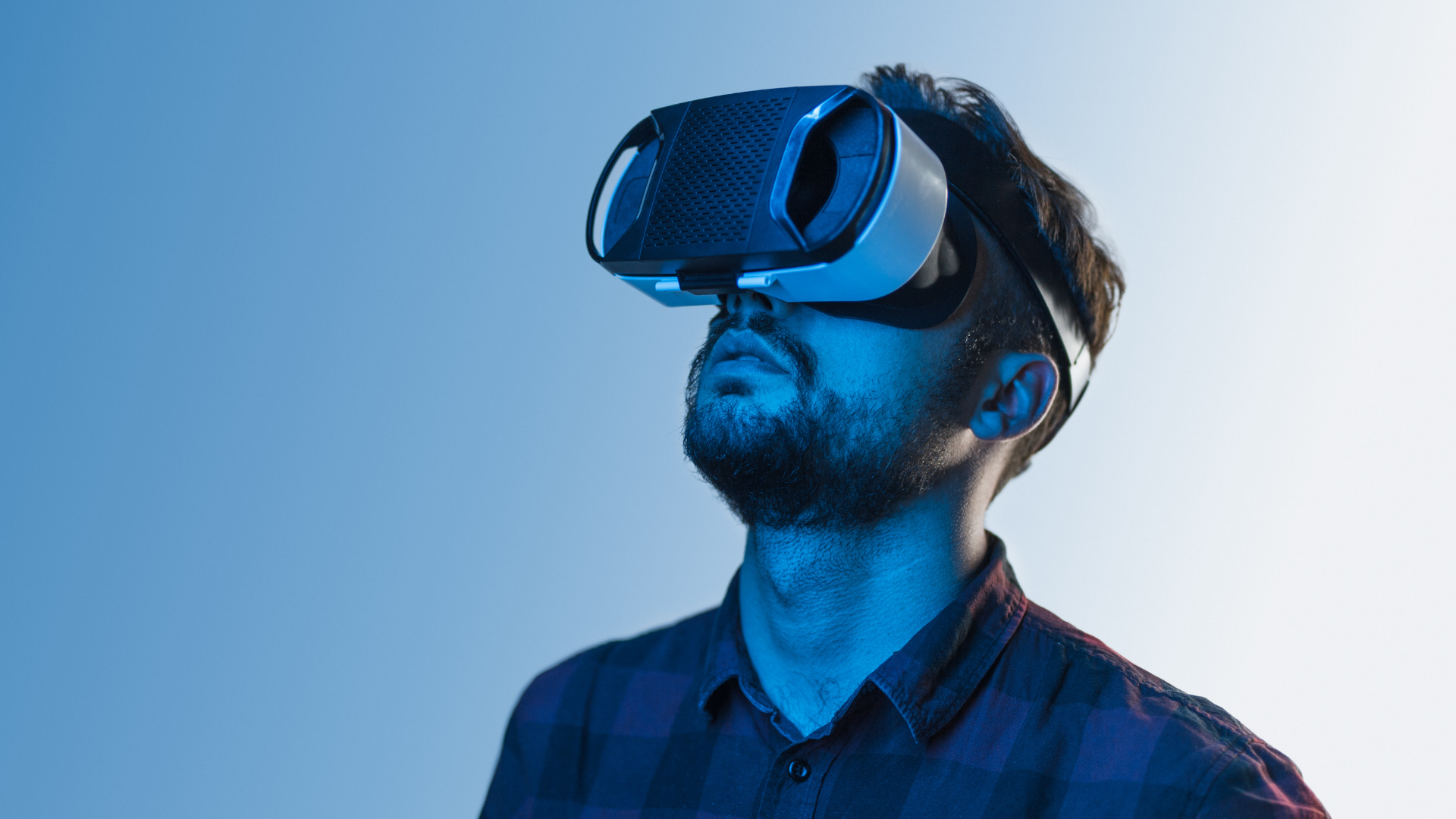Social media has evolved from a platform used solely to connect people and communities, to a business tool used to communicate and engage with audiences. It continues to change the world of marketing and is now seen as an intrinsic part of a brands strategy.
In the last year consumer behaviour has changed. Screen time continues to climb and interactions with social media in Australia have increased, with on average three platforms used a day. In the current marketing landscape brands need to be meeting consumers where they’re engaging- is on social media.
To shape a social strategy that stands out, marketers need to keep a close eye on the new trends that are gaining traction. Here are five social media trends that are growing in popularity in Australia.
#1 Keeping up with Social Commerce
There is nothing new about social commerce, but it’s going to continue to dominate social media this year. In fact, according to PayPal’s latest Ecommerce report, spending on social media shopping in Australia is up 700%, compared to 2019, with 25% of Australians saying they now use social media for shopping. Given this evidence it is no shock that brands are looking to create more seamless shopping experiences on social, as this is where consumers are engaging and spending most of their time.
If your brand is not selling on social, it should be. Even if your brand has already had sales success on different platforms, it’s important to make sure that your sales strategy is working to its full potential. Testing out a range of commerce functions on social, from shop buttons, livestreams, ads, influencers, to micro content and new technologies, can help marketers find out what works, and what doesn’t. Social commerce should be a key consideration for brands and marketers alike.
#2 Authentic Influencers: Micro vs Macro
The demand for influencer marketing is increasing on all platforms. According to Hubspot, 71% of Australian consumers are more likely to make a purchase based on social media referrals.
We’re seeing more and more influencers endorsing products and services on social media. Many brands are choosing micro-influencers over higher profile celebrities, as their reach, engagement and ROI are higher. Here’s why:
Authenticity comes first for consumers
Since micro-influencers typically don’t have the budget, resources, and connections that macro-influencers have, they need to develop genuine connections with their followers in order to stay relevant and trustworthy.
More personal
A micro-influencer will generally take time every day to answer direct messages, reply to comments, and like your brand’s content. Their success is built on community and connection, instead of pure fame.
Potential for higher ROI
Micro-influencers cost a lot less than macro-influencers but gain almost twice the percentage of engagement on their posts when compared to macro- influencers. As a result, brands are more likely to see a better return on their investment.
#3 Finding Deeper Meaning and Giving Back
Giving back and finding deeper meaning will both become important themes in social media efforts for Australian brands. It has been a devastating few years, from COVID-19, to raging bushfires, and floods. Spotlighting community non-profits and encouraging donations can enhance a brand’s reputation, build ambassador communities, and help build a connection with your audience. Evidence shows that social responsibility, ethics, and transparency matter to the modern consumer, with 43% of consumers wanting brands to be more socially responsible and 45% wanting to see more eco-friendly solutions coming for brands.
Consumers are starting to hold brands even more accountable. Those that want to stay relevant this year, need to re-assess their purpose and values. If your brands actions don’t reflect your mission or your social media communications doesn’t align with what you say you care about, then get ready to fix it, and fast.
#4 VR & AR Social Media Campaigns
Virtual reality (VR) and augmented reality (AR) have created huge potential for brands to transform their marketing. This year we will continue to see multi-sensory marketing growing in popularity, as more and more brands integrate these new technologies into their social media campaigns.
VR and AR in Asia-Pacific is expected to grow at a compound annual growth rate of 38.1% from 2020 to 2025. If brands want to stand out in the crowded marketplace, they must get creative with these new forms of technology, as they could soon overtake traditional forms of social media marketing.
Advances in VR have allowed consumers to imagine themselves driving a car, attending a concert, or even having an “in store” shopping experience. These interactive experiences have seen 50% of consumers better recalling brands and a 94% higher conversion rate.
You can go as far back as 2017, when IKEA launched IKEA Place, an app which used AR and mobile phones, to place a 3D piece of furniture in a surrounding space, to help consumers visualise what the product might look like. Brands have been utilising this technology on social media ever since.
#5 Spotting Misinformation
While most of the trends we’ve highlighted are positive ways to utilise social media, brands and marketers also need to be aware of the misinformation that can spread across social.
Harmful stories are often started by unhappy customers, competitors, and even random trolls. Unfortunately, the reality is that platforms will never get rid of fake news entirely. One reason is that it would take full-time monitoring and policing of virtually all content. There is also the fact that these platforms depend on continued use and put simply, misinformation gets clicks.
Since it can’t and probably won’t be stopped, the best course of action is spotting it. Brands need to constantly monitor, recognise, and address any falsehoods before they reach a wider audience. The key is to ensure the brand’s reputation on social media and beyond remains positive.
As marketers we must continue to monitor social platforms and keep pace with the trends if we want to be successful. It is these trends that will help brands cut through the noise and create lasting connections with their audiences.
Want to learn more about this year’s social media? Check out our social media services or get in touch with our marketing experts today to help transform your next social campaign.





